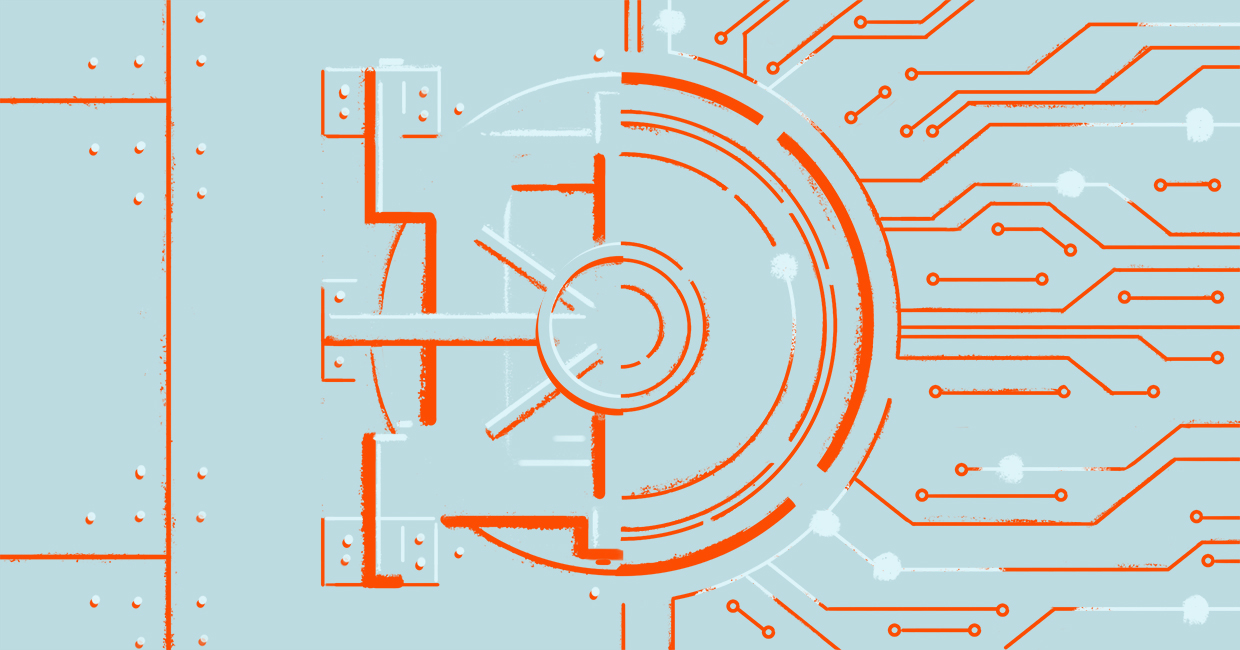How would a data breach impact your deal? With cybersecurity awareness month coming to a close, we wanted to provide professionals with a guide to understanding the differences between virtual data rooms and generic file sharing tools, and help users become more informed about why virtual data rooms are essential solutions for secure document sharing.
What Is a Virtual Data Room?
Purpose-built to handle the demands of sophisticated financial transactions, a VDR is an online repository of information used for storing and distributing documents outside of your organization. With professional-grade security and control, this cloud storage service offers specialized features to promote data security, document management, and complex user permissions that allow total control over who sees what, within the data room administrators’ control and discretion. In addition to aiding in security audits, this granular information about users and document activity is especially useful during M&A, fundraising/IPOs, or litigation, because it allows users to gauge the level of interest that shared documents are inciting with third parties.
What Is Generic File Sharing?
If your organization isn’t using a VDR, chances are you’re employing several other types of cloud storage solutions for file sharing, collaboration, backup and recovery, or hosting business applications or services. Most of us are familiar with, and benefit from, well-known public cloud services like Google Drive or Dropbox, but what may be less clear is how the type of cloud storage solution you choose can impact the security of your sensitive data, how your corporation is perceived, and your ability to do business effectively with third parties. Choosing the right file sharing solution is vital, otherwise, you’ll run the risk of using the wrong tool for the job, putting your sensitive data at risk.
How Does a Virtual Data Room Differ From Generic File Sharing Services?
The most noteworthy difference between a virtual data room and other cloud storage solutions is that a VDR is used specifically to share large amounts of critical information with multiple third parties. Generic file sharing services may seem like comparable options when used within an organization, however, they are not sufficient for protecting an organization’s information outside of the organization — the basic permission settings found in these tools make it all too easy to accidentally share data with the wrong people, compromising your, or a client’s, confidential information. In addition to making document sharing complicated, inefficient and difficult to navigate, they don’t provide the detailed tracking, auditing and reporting that professionals require to monitor user activity and document security. These features are designed to manage the risks that come along with sharing beyond the corporate firewall, such as unwanted hacks or leaks that lead to data breaches.
Advantages of a Virtual Data Room
The greatest advantage of a VDR is the peace of mind that comes from knowing that your confidential information — financial and HR information, intellectual property, and your clients’ legal documents — will not be seen by third parties unless you’ve granted them permission to do so. A VDR’s capabilities to upload large volumes of documents, track and audit user and document activity, and set specific user permissions, are vital for facilitating efficient and secure document sharing. To put it simply, organizations trust the VDR to keep their most sensitive documents safe.
Investing in a virtual data room offers you specialized security features similar to that of financial institutions and major banks, this offers compliance with international security standards such as GDPR, SOC 2, and HIPAA, as well as a polished, professional appearance when dealing with other companies. Because of this robust bank-level security, virtual data rooms, unlike generic file sharing services, are typically not restricted by security-conscious companies and CIOs. Additionally, multiple physical data centers implement key card access along with fire control and multiple backups. And of course, all data is encrypted at rest and in transit and protected behind multiple firewalls to mitigate the risk of a breach.
With that said, we recently released our latest episode of Firmex Chats, where deal strategist and industry expert, Henry Fairpo, explains the advantages of a data room in further detail.
If you’d like to learn more about how a VDR can support your specific business processes and security click here or contact us.
